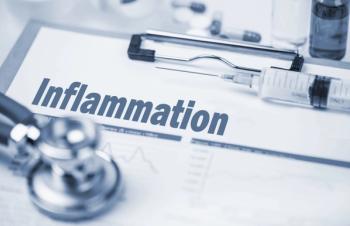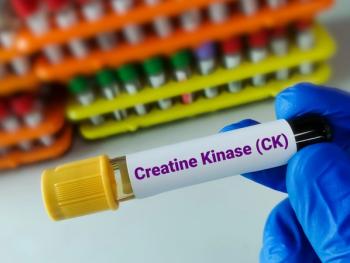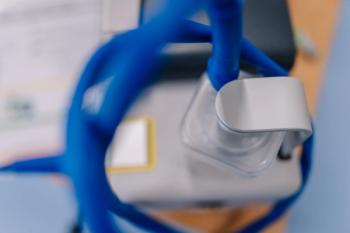
Capricor’s DMD Cardiomyopathy Therapy to Face FDA Advisory Committee
Capricor officials said the company was prepared for the meeting and does not expect it to delay the FDA’s decision on the therapy.
The maker of an investigational cell therapy for Duchenne muscular dystrophy (DMD) says its lead product will go before an FDA advisory committee in advance of an expected late-summer approval decision from the agency.
Capricor Therapeutics says it does not expect the committee’s work to delay the FDA’s final decision on deramiocel (CAP-1002). The FDA’s target action date is Aug. 31, 2025.
The news came after Capricor met with FDA officials for a mid-cycle review. According to Capricor, the FDA stated that it had not found any significant deficiencies and indicated the approval process was on track.
“The successful completion of our mid-cycle review meeting along with the upcoming advisory committee meeting represents major milestones on the path towards approval of deramiocel,” said Capricor chief executive Linda Marbán, Ph.D., in a press release.
Deramiocel is a cell therapy designed to treat patients with DMD cardiomyopathy. Capricor
Deramiocel is comprised of allogeneic cardiosphere-derived cells, which have been shown to have immunomodulatory and anti-fibrotic effects that help preserve cardiac and skeletal muscle function in Duchenne muscular dystrophy and related diseases.
The BLA came after Capricor released data from its
After 12 months, the eight on-therapy participants had superior mid-level elbow PUL 1.2 changes compared with the 12 participants in the placebo group. Other measures of cardiac function and structure were also improved in the therapy group, investigators found.
After the trial, participants stopped therapy for a gap phase averaging 392 days, after which eligible patients continued on an open-label extension. Three-year results from that study showed patients receiving deramiocel had superior upper-limb function using the PUL version 2.0 scale when compared with an external comparator group.
Although the study data have been positive, news of the FDA’s decision to hold an advisory committee review sparked a decline in the company’s
However, Marbán expressed optimism about the therapy’s chances, saying she was pleased to have the opportunity to present the therapy’s safety and efficacy data to the committee.
“We have been actively preparing for an advisory committee meeting, and we look forward to providing the physician and patient perspectives to highlight the weight of evidence supporting the transformative potential of deramiocel in treating DMD-cardiomyopathy,” she said.
Deramiocel is Capricor’s lead product and one of two DMD-focused therapies in the company’s
Capricor has announced a series of exclusive agreements with the Japanese pharmaceutical firm Nippon Shinyaku Co. Ltd. to commercialize and distribute deramiocel in the United States, Japan, and Europe. The
Newsletter
Get the latest industry news, event updates, and more from Managed healthcare Executive.























